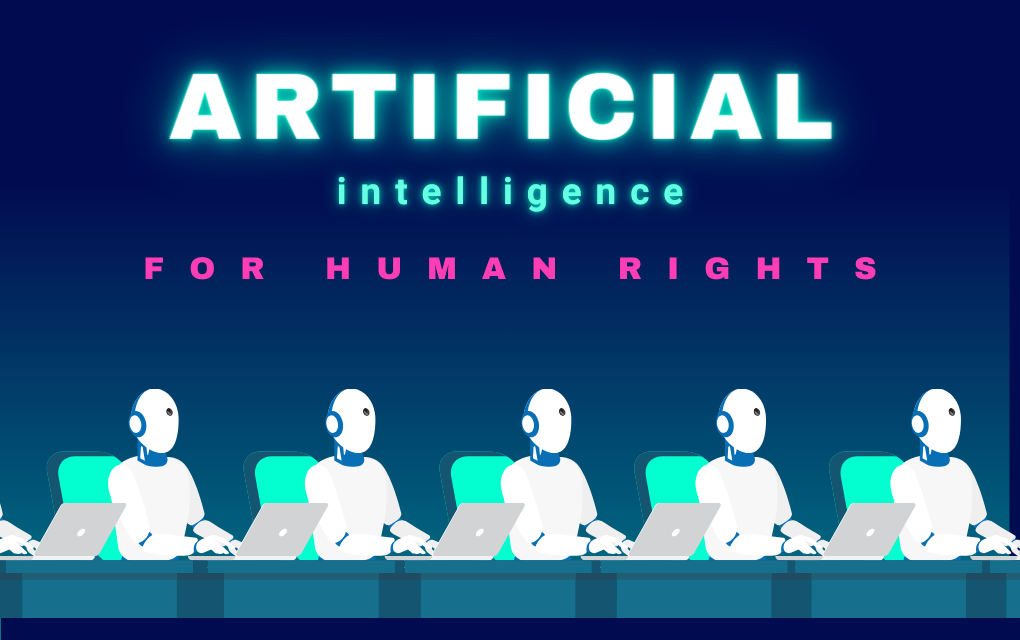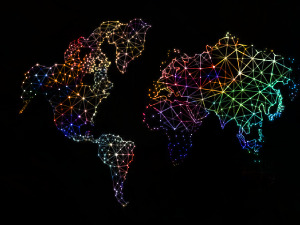Use of Artificial Intelligence ( AI ) for Human Rights
An inclusive society is essential to everyone’s life. AI can be a powerful tool to help create a more inclusive society. However, it is important to use AI ethically and ensure that no group of people is marginalized. Here are some ways in which societies can become more inclusive:
**Promoting Welcoming and Inclusive Societies**
The United Nations has developed a handbook that outlines factors affecting welcoming and inclusive societies, issues to consider in fostering welcoming and inclusive societies, welcoming communities, and how legislation contributes to this goal.
AI has the potential to be a powerful tool for creating a more inclusive and welcoming society. It is important that we continue to work towards developing AI that is free from bias and discrimination.
**Creating Inclusive Classrooms**
These classrooms can help the students feel valued regardless of their background. Tools such as speech recognition and language processing help teachers create more inclusive classrooms by providing real-time feedback.
**Increasing Access to Healthcare**
Telemedicine and mobile doctors help address the skills in healthcare and provide services for refugees and other marginalized groups.
**Creating More Equal Opportunities**
By creating more equal opportunities, inclusive growth can become a priority for marginalized groups. This can be achieved by increasing access to decent jobs that help excluded people to participate fully in society.
**Fostering a Climate of Understanding and Acceptance**
A welcoming and inclusive society can support the integration of refugees by ensuring that they are able to require for their integration in the communities of the receiving society. Fostering a climate of acceptance of people from diverse backgrounds enhances possibilities for connections with individuals in the receiving society.
AI can be a powerful tool to help create a more inclusive society. By using AI ethically and ensuring that it does not marginalize any group of people, we can promote diversity, equity, and inclusion and create a more welcoming and inclusive society.
**Detecting and Preventing Crime**
One of the key roles of AI in law enforcement is crime prevention and detection. AI algorithms can analyze historical crime data to identify high-risk areas and predict potential criminal activity. This allows law enforcement to allocate resources and allow officers to stop crimes before they happen. In addition, AI-based tools such as facial recognition and video analysis systems help quickly identify suspects and increase the efficiency of investigations. These advances will not only speed up the process of identifying and apprehending criminals, but will also improve the safety and security of society.
**Promoting Justice**
Effective Case Management: The criminal justice system’s case management can be made much more effective by using AI-powered technologies. Legal document analysis and summarization can be aided by Natural Language Processing (NLP) technologies, which can help judges and attorneys handle complex cases more skillfully. With the use of technology, legal practitioners can accelerate procedures, minimize paperwork, and free up vital time to concentrate on other elements of their work.
**Exposing People with Different Interests to Each Other**
Social Media encourages people to connect with people who are like minded and this unfortunately leads to further marginalization of people who are not in the center of society. The two ends of the spectrum never meet. Both groups are pushed further to the right and left due to Similar Friend with Similar Interests suggestions that social media is programmed to do. It needs development and I can help with bringing people together instead of only connecting people who think alike to each other.
Freemuslim welcomes technologies that are effective in helping human beings live a better life considering inclusion and respecting diversity. Artificial Intelligence can play an integral part in leading the way towards just and healthier societies with equal opportunities for all individuals impartial to race, gender, ethnicity, and religion.











